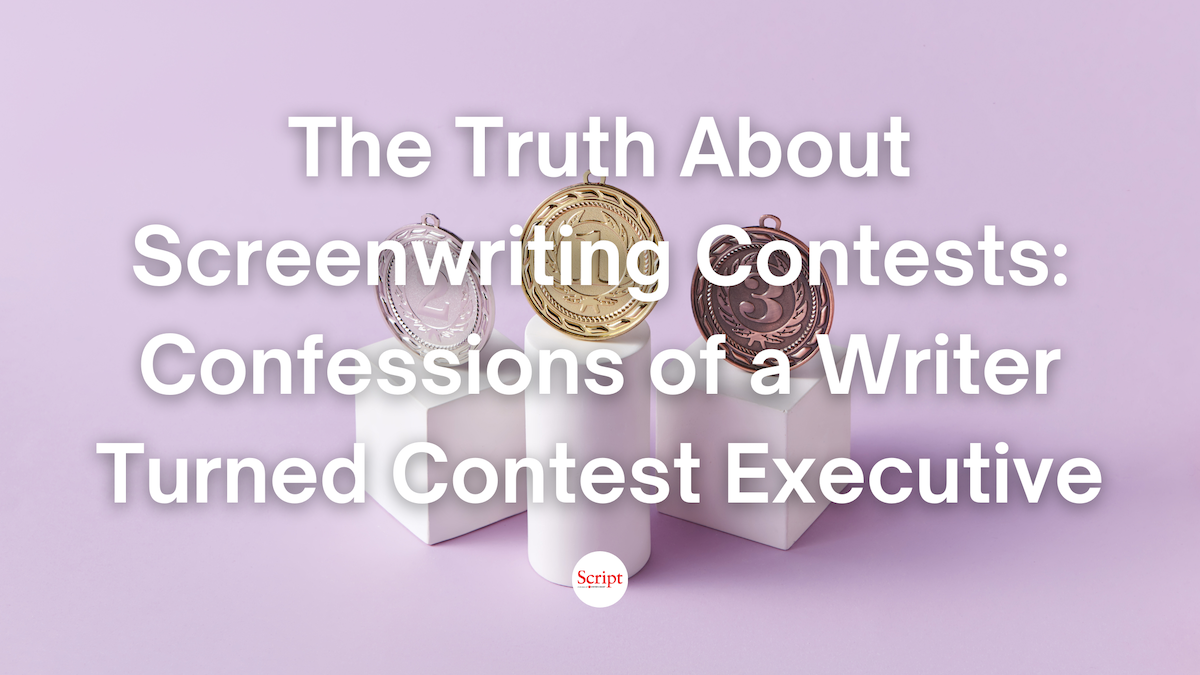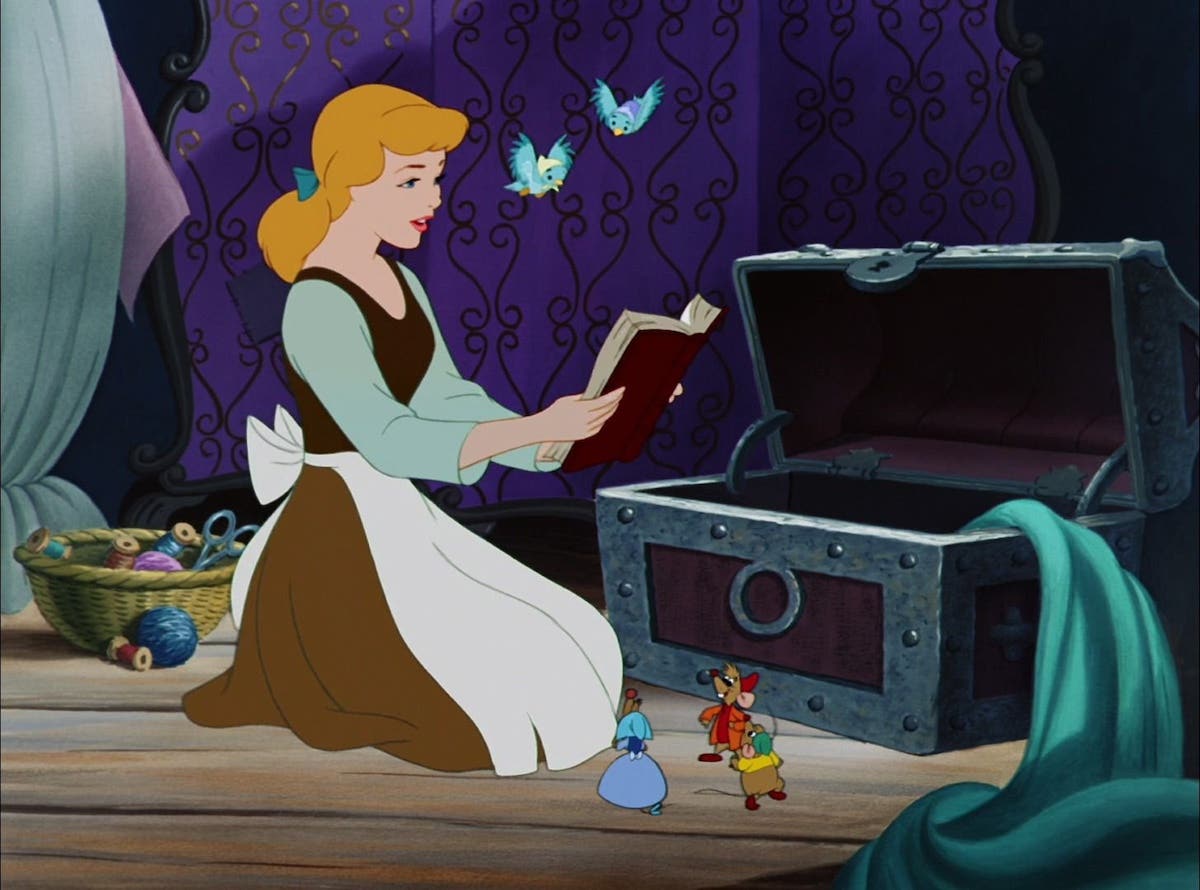WRITERS ON THE VERGE: A Guide to Screenwriting Partnerships – Part 2
Lee Jessup explores how screenwriting partnerships play out with representation, fallouts, and recommendations for anyone who is considering entering such a writing relationship.
Lee Jessup is a seasoned career coach for screenwriters, with an exclusive focus on guiding and supporting screenwriters as they parlay their screenwriting prowess into a focused and dynamic screenwriting career. Follow Lee on Twitter @leezjessup
In part 1 of this blog post posted on my website, we explored the right and wrong reasons to get into a writing partnership. To read back on those, just CLICK HERE. For today’s installment of our Guide to Screenwriting Partnerships, let’s explore how partnerships play out with representation, what some of the consequences from a partnership fallout might be, and also consider some partnership recommendations for anyone who is considering entering such a writing relationship.
Partnerships & Representation
As a writer, it is ultimately your responsibility to work towards the best outcome for your screenwriting partnership. Therefore, you have to consider representation’s view of any and all relationships, in order to ensure they work in your favor in the long run. When considering stepping into a writing partnership, remember this:
- If rep signed you as a team, there is no guarantee they will work with you as individual.
As previously stated, there are many benefits to staffing a team, or even getting a team out for assignments. While many representation relationships may last way beyond a partnership, you have to consider that this is not an “automatic,” and that your agent or manager may opt to reconsider the relationship should the partnership break up. - Speaking of breaking up…
Most partnerships are highly likely to do just that. Because of this, many agents and managers working with a partnership may continuously question who the “real” writer is in the partnership, continuously gauge the health of the relationship, and plan to jump ship with the real writer should the partnership break up. If you do intend to create a lasting partnership, be sure NOT to air any partnership-related dirty laundry with your agent or manager. - And if/when you do break up…
Handle your agent/manager relationship with great care. Seek your agent or manager’s insight regarding next steps and a possible breakup. If your partner has been the “problem child,” it is likely that an imminent end to the partnership will not be a big surprise. In this scenario, you want to make your agent and manager your partner in the dissolution of your creative relationship, and not just your advocate. You want to seek their counsel, advice and guidance in order to ensure a smooth transition to becoming a single writer. However (and this is a big one) these conversations are only to be had when you’ve made the decision to change course, rather than at earlier exploratory stages which could be quite uncertain.
Writing partnerships fallout
Walking away from a writing partnership is not as easy as you think! Before you enter into writing partnership - be it for a single script or for the long term - consider the following consequences:
- Representation is not guaranteed to keep you on.
Though you may have a great relationship with your agent or manager as a team, there is no guarantee that representation will keep you on once the writing partnership ends. Establishing you as an individual writer is going to require some reconfiguring, and unless the rep is convinced that you were the stable and productive face of the partnership, they may be hesitant to invest the time and effort. - Any material written as part of the partnership is unavailable to you.
Material that’s written as part of the partnership is no longer available to be sent out as a writing sample once you go out on your own. That means that you will need to start building your individual body of work from scratch. Representation is not going to send out a script from you with another writer’s name on it unless that other writer is going into the room with you. Therefore, if you are considering breaking up a writing partnership, start by constructing a portfolio of work that is wholly your own. - You are no longer a twofer.
This scenario is specifically applicable for television writers, who go from being a twofer (two for the price of one) to a single writer for a single salary. Specifically when we talk about staff writer and mid-level producers on a television show, being part of a writing partnership can be particularly appealing to employers as, under WGA guidelines, they are able to hire a writing team for the price of a single writer. Because of this, your reps will have to make a case for why you are just as appealing as a single writer as you were as part of a partnership when exploring in-the-room opportunities.
Partnership recommendations
Having considered all of this, if you do decide to enter into a writing partnership, here are a few guidelines to follow:
- Get it on paper.
Create a partnership contract from the earliest stages of the partnership, detailing how much work each writer is responsible for, the availability expected, and the share of ownership each writer gets with each project, despite who might have come up with the big idea and who contributed dialogue. For the partnership to be given the best fighting chance it can get, you shouldn’t leave anything to chance! - Monogamy all the way.
Multiple partnerships do not work. Not only do they signal to potential reps that you have a hard time committing to a single partner, they also tell them that while you may be talented in your own right, you will likely end up with lots of material that is unavailable for them to shop due to it being constructed with varying writing partners. Find the one writer with whom you think you can build a lasting, long-term partnership, and see that relationship through. With writing partnerships, it really is all or nothing. - Make sure it’s not just professional.
In order for the professional writing partnership to succeed, you have to be sure that you get along on a personal level. While you don’t have to be best friends, it is imperative that you get along and respect each other. After all, if this becomes the thriving, long-lasting relationship you are hoping for, you will see one another through life changes, challenges, personal lows and personal highs. And while you don’t have to be each other’s top number on the old Favorites list, you do in the very least have to be tolerant of one another’s general approach to life.
At the end of the day, writing partnerships are by no means for everyone. While the majority of my writers work alone, a few do favor working with a partner. The relationships that I’ve observed to be most successful are those in which clarity, respect and humility play a key part. Combine those with similar ambitions, complimentary skill sets and story sensibilities that are alike, and the writing partnership stands a real possibility of success.
- More articles by Lee Jessup
- Balls of Steel: 11 Ways to Avoid Disaster When Choosing a Writing Partner
- Ask the Expert: Writing Partnerships
Get more of Lee Jessup's invaluable advice with her products available at The Writers Store!
Lee Jessup is a career coach for screenwriters, with an exclusive focus on the screenwriter's professional development. Lee spent 6+ years as director of ScriptShark.com. During her time there, Lee introduced hundreds of screenplays to entertainment industry professionals, and spearheaded a national Business of Screenwriting seminar series launched in partnership with Final Draft and sponsored by the New York Times Company. Twitter: @LeeZJessup




![The Era of the Multi-Hyphenate: An Interview With Writer and Filmmaker Mario O. Moreno [SERIES]](https://scriptmag.com/uploads/MjEzMTEyNzA4NjQ2NTc3NjE1/the-era-of-the-multi-hyphenate-series-script-hero.png?format=auto&optimize=high&width=1440)


